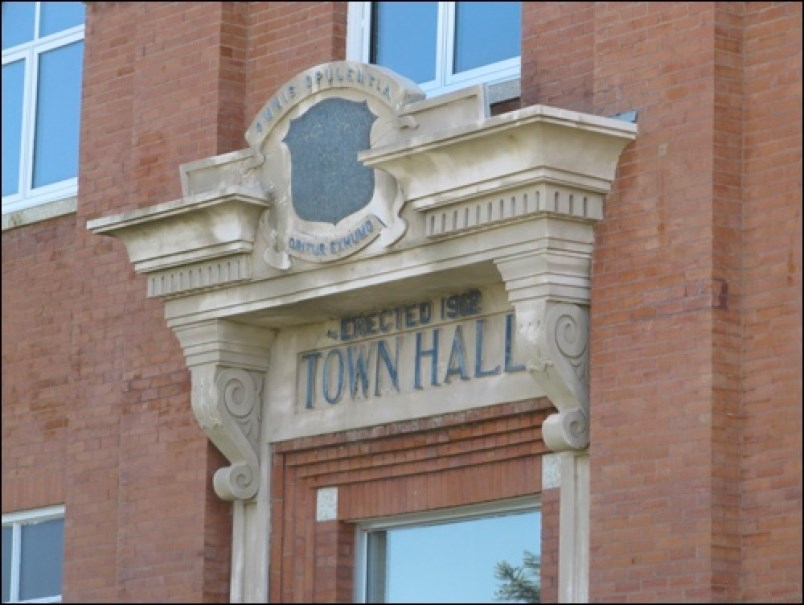After some disagreement among councilors, Battleford town council approved “the establishment of a cannabis retail outlet per federal and provincial guidelines.”
Councillors Kevin Russell, Doug Laing, and Judy Pruden voted in favour of the decision. While Councillor Gordon Yarde said he was happy to see the extent and detail of regulations, he voted against.
Councillors Susan McLean Tady and Shelley Boutin-Gervais weren’t in attendance for the meeting, although Mayor Ames Leslie said the other two councilors wouldn’t have affected the outcome of the decision given that a majority of councilors voted in favour.
Chief Administrative Officer John Enns-Wind prepared an administrative report that included information pertaining to background and context, best practices, and guidance regarding the regulation of cannabis and related matters. Much of the following information is from the report.
The federal government has legalized and regulated the production and sale of cannabis effective July 1, 2018, separating responsibilities among the federal government, provincial governments, and municipalities. Some federal responsibilities are possession limits, trafficking, advertising, and age limits (which have not been set.)
Provinces are responsible for wholesale and retail distribution, workplace safety, and can set higher age or possession limits. The Saskatchewan Liquor and Gaming Authority, assisted by an independent third party, will determine who can sell cannabis in a retail context. This process will make eligible those with financial capacity and inventory management (along with the requirement to show “good character”), and once such criteria are met, a lottery will determine who can operate retail outlets.
The responsibilities of municipalities include zoning, workplace safety, public consumption, and impaired driving. Cannabis is currently illegal so new zoning bylaws will need to be drafted, Enns-Wind said. Battleford would also need to pass a smoking bylaw, which Enns-Wind said could take after Saskatoon’s.
Like other businesses, cannabis retail outlets will need to get a business license and building code inspections (rules of which are set by the federal government but which municipalities are responsible for enforcing).
A goal of the zoning bylaws, according to the administrative report, is “to ensure that the Town’s zoning bylaws protect the safety of the residents and visitors to Battleford including keeping cannabis way from children and youth and continue the socio-economic development of our community.” Councillors also voiced the need to have outlets away from schools.
“We can appreciate why people would not want this,” Enns-Wind said, “on the other hand, given the way that it’s going [with] the regulations, it seems prudent to approve this.”
The provincial government will provide direction in regard to certain regulations, but Enns-Wind said municipalities can make regulations more strict than what the provincial government recommends if council decides.
“It’s a tough decision for the five of us around the table,” Leslie said. “It’s a lifestyle, it’s a culture change.”
After council approved the decision, Leslie said there remain uncertainties, including enforcing driving under the influence, but he didn’t think such uncertainties should have influenced council’s decision.
Opting out, Leslie added, won’t stop the illicit sale of cannabis, and said a positive is the ability of government to control it.
Leslie hopes the federal government has done enough research into the endeavor and hopes the decision won’t be one to regret at a later date.
A few interested parties have come to the Town to collect information about the outlet, Leslie said, although he said he wasn’t sure if they were local or not.
Where a retail outlet would be located is yet to be determined, as regulations would need to be passed first.
According to a letter from Cam Swan of the Saskatchewan Liquor and Gaming Authority, more permits for cannabis retail outlets could be coming to Saskatchewan.
“At this time, the number of retailers in the province will be limited to approximately 60 permits in an effort to balance access for consumers with public safety concerns. Government will consider the potential for additional permits 12 to 18 months after legalization.”




